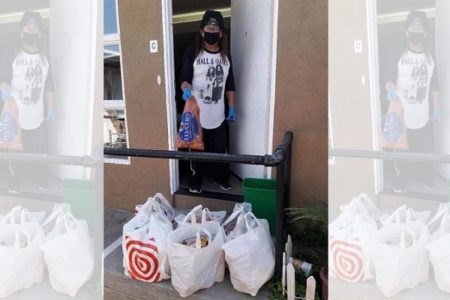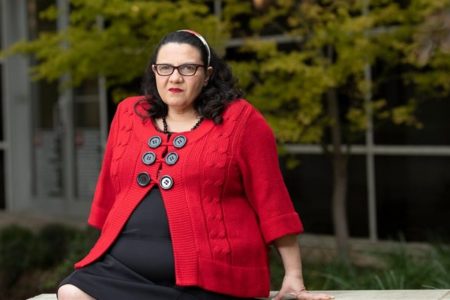
Kaiser Permanente, which has its Southern California Regional Offices, its Bernard J. Tyson School of Medicine, and a medical offices building in Pasadena, is joining researchers at more than 100 other hospitals across the United States and other countries to conduct a research study of bleeding in the brain, called FASTEST, which stands for rFVIIa for Acute Hemorrhagic Stroke Administered at Earliest Time.
With a webinar sponsored by the Pasadena Senior Center on Thursday, Jan. 28, people now have the opportunity to learn more about the study, where investigators will perform a global Phase III randomized, double-blind controlled trial of rFVIIa, plus best standard therapy vs. placebo and best standard therapy alone.
“This research study may affect you or someone you know, and we need to find out ahead of time what the community thinks about it,” said a statement by the Pasadena Senior Center.
rFVIIa refers to recombinant activated clotting Factor VIIa, a rescue therapy to control unresponsive massive bleeding, used in the treatment of surgical and spontaneous bleeding episodes in hemophilic patients.
rFVIIa is the latest among the limited range of currently available bypassing agents. Successful use of plasma derived FVIIa in hemophilia A patients with inhibitors was first reported about two decades ago, according to the National Center for Biotechnology Information (NCBI).
At Thursday’s webinar sponsored by the Senior Center, Dr. Navdeep Sangha, vascular neurologist at Kaiser Permanente, will explain details of the study which centered on the hypothesis that rFVIIa, administered within 120 minutes from stroke onset with an identified subgroup of participants most likely to benefit, will improve outcomes at 180 days and decrease ongoing bleeding as compared to standard therapy.
According to the National Institutes of Health, the FASTEST trial will include approximately 100 hospital sites and at least 15 mobile stroke units within the StrokeNet umbrella, and key global institutions with large volumes of intracerebral hemorrhage patients and the ability to treat them within 120 minutes of stroke onset.
The study participants, including Kaiser Permanente, plan to recruit up to 860 participants over three and a half years in countries such as the U.S., the UK, Canada, Japan, Germany, and Spain.
The virtual lecture on Thursday begins at 10 a.m.
To sign up and attend free, visit www.pasadenaseniorcenter.org/






